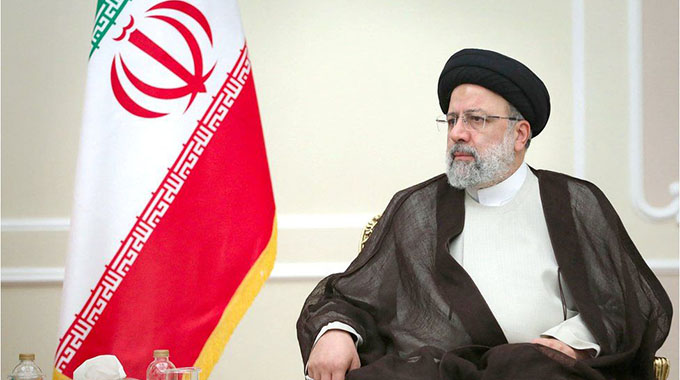Measles cases surge in Madagascar, Turkey

ANKARA/ANTANANARIVO. – The World Health Organisation last week said that an epidemic of measles in Madagascar has caused more than 900 deaths. According to WHO figures, there have been more than 68 000 cases of the disease in which 553 deaths were confirmed and another 373 suspected from measles since the outbreak began in September.Those most at risk are infants from nine to 11 months old.
The epidemic is blamed on a low immunisation rate for measles across the island nation over a period of many years, according to WHO spokesperson Tarik Jasarevic. The vaccination rate is estimated to be less than 60 percent, according to figures from WHO and UNICEF figures, he said.
Madagascar has launched a nationwide campaign to try to bring the outbreak under control, through mass vaccination campaigns and surveillance.
Meanwhile, Turkey’s experts recently warned that epidemic diseases such as measles that have been off the grid for years might come back amid decreasing vaccination rate in the country in the past few years under the influence of anti-vaccine discourse.
The anti-vaccination trend started with 183 people in 2011, reaching 980 in 2013 and 5,091 in 2015. In 2017, a total of 23,600 families declined compulsory vaccine, professor Mehmet Ceylan, head of pediatric infectious diseases at Ankara’s Hacettepe Medical Faculty, said.
The expert warned of an epidemic outbreak if vaccination rate falls under 95 percent, or some 50,000 people in Turkey. Ceylan said that diseases such as diphtheria and tetanus, which have been off the grid in Turkey for years, might show up again. The World Health Organisation (WHO) also voiced concern about the increasing anti-vaccination movement in Turkey.
An increasing number of groups were “misleading” the public about the effects of vaccines, harming their trust in getting vaccinated, the WHO said. Turkish health ministry has set up a special website to inform the public about vaccines and to fight false facts.
But the anti-vaccination is increasingly active on social media, with slogans such as “I have no obligation to vaccinate.” A great majority is concerned with the content of the vaccines such as use of mercury or aluminium. It’s obligatory in Turkey that a baby to be given a total of 16 different types of vaccination in the first 24 months. Parents have to sign an official document holding them responsible, if they reject vaccination.
Professor Ata Nevzat Yalcin from Akdeniz University’s Faculty of Medicine, Infection Diseases and Clinical Microbiology, warned against the latest trend of increasing measles in Turkey. “The worldwide increase in the disease in 2017 was also observed in our country,” he said.
There were 572 measles cases in 2014, 342 in 2015, nine cases in 2016, 69 cases in 2017. In the first nine months of 2018, the number of the cases exceeded 500, he added. Measles arise especially in the spring and winter months, and can cause recurrent epidemics every two to three years, Yalcin said. According to the Health Ministry’s figures, measles vaccination rate was 97 percent in 2015, 98 percent in 2016, and 96 percent in 2017.
Turkey faced measles outbreak, which was off the grid for many years, compounded by the arrival of millions of refugees after civil war erupted in neighbouring Syria. Some 7,415 people were diagnosed with measles in Turkey in 2013 but the epidemic was prevented after intense vaccination program. The number of people diagnosed with measles disease reached 510 in the first nine months of 2018 in Turkey, a recent report of the WHO said. According to the WHO, the number of global measles cases doubled to 229,068 in 2018, and 82,596 of them were in Europe, mostly caused by stalled vaccination levels. – AP/Xinhua/HR









Comments